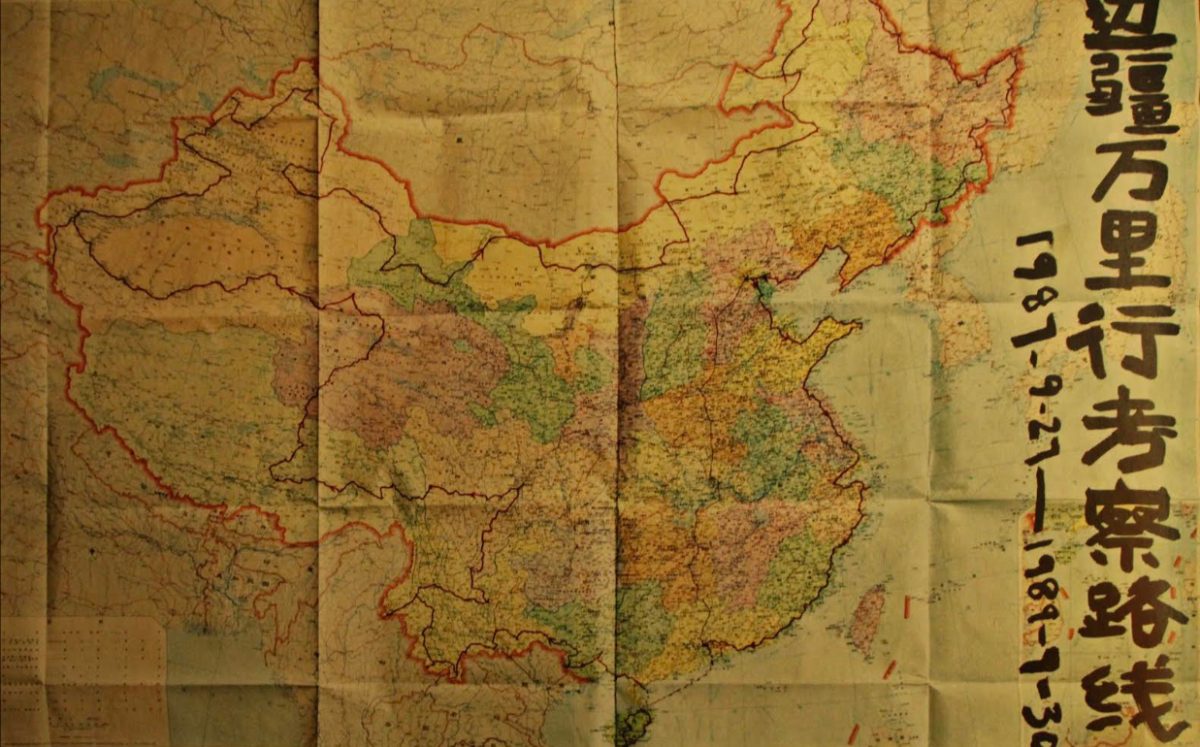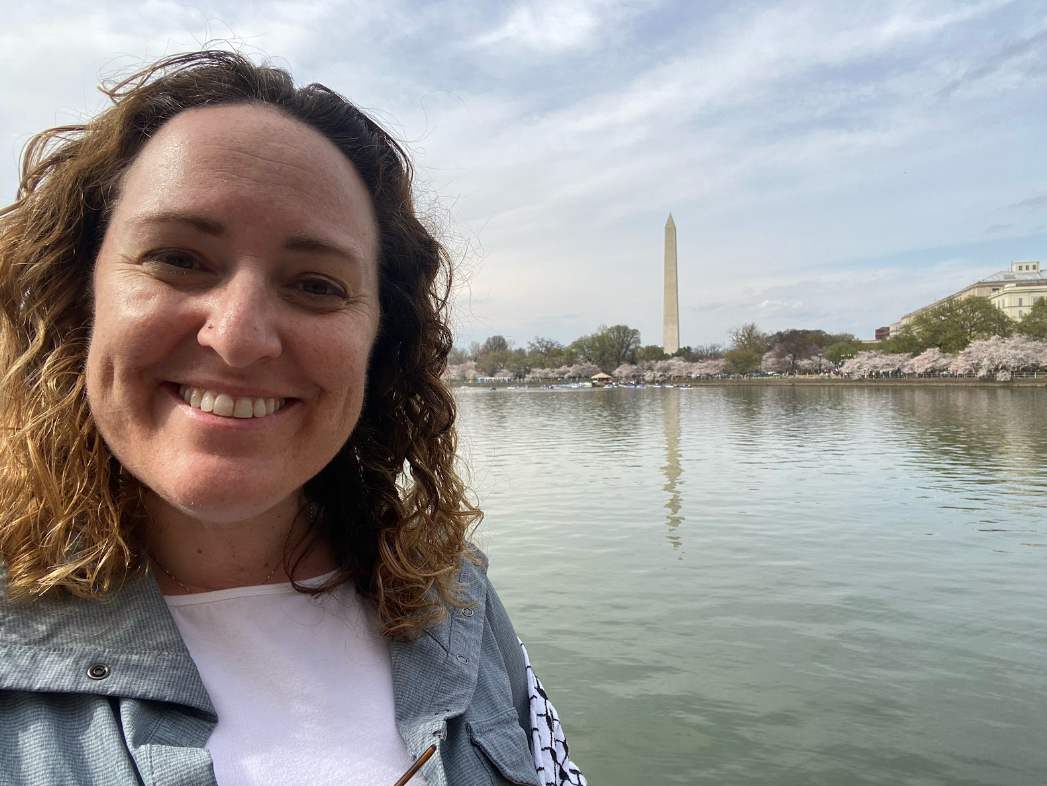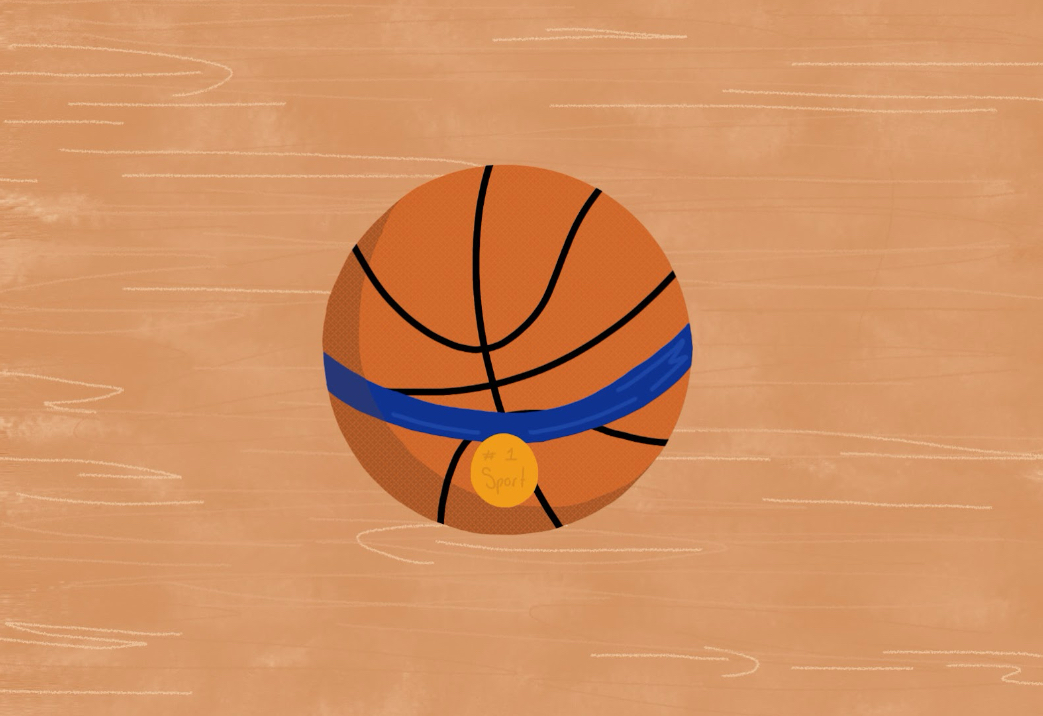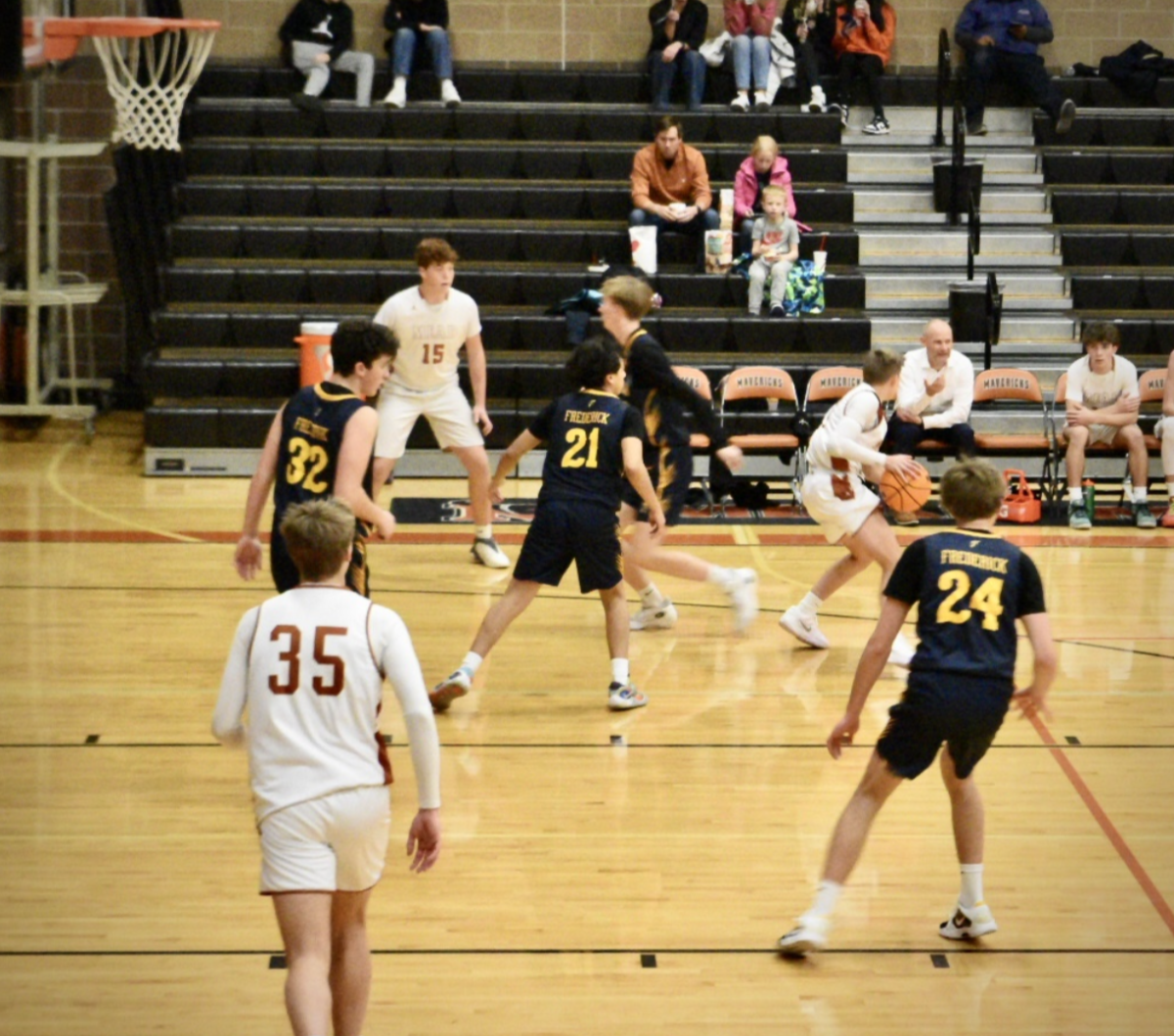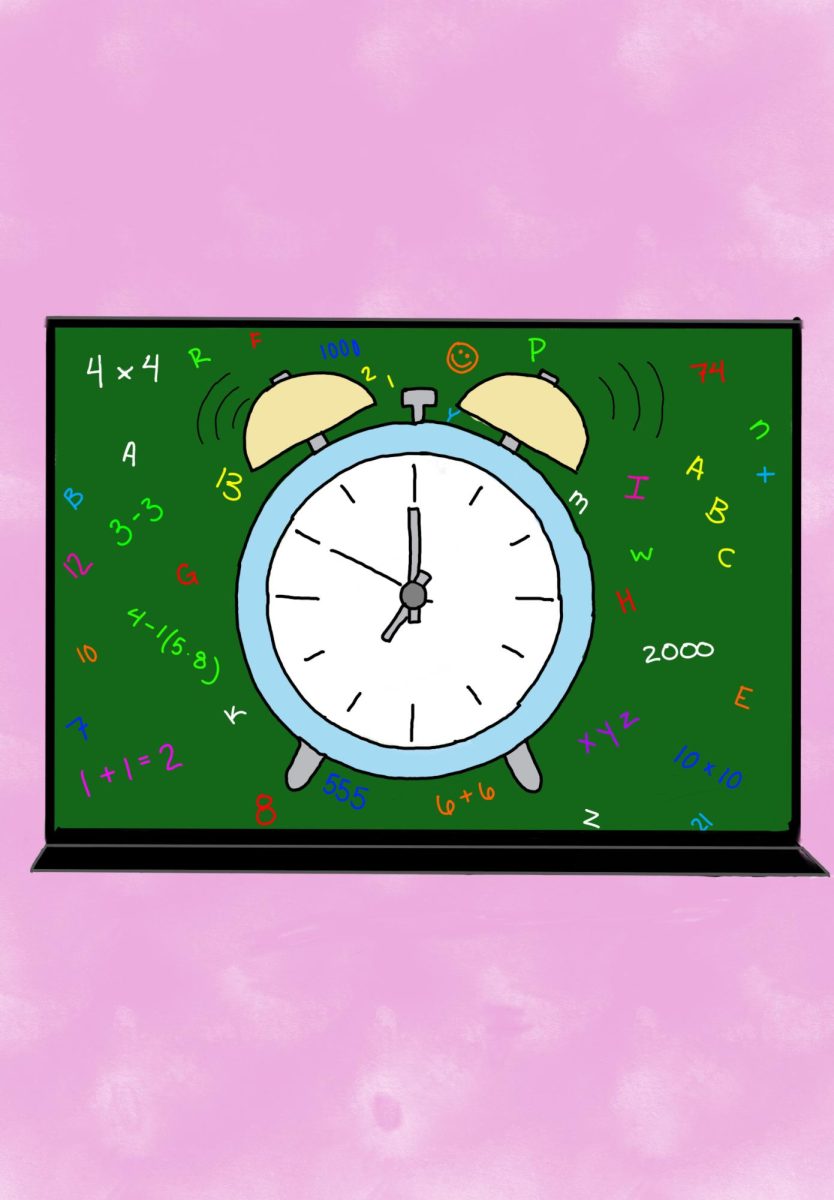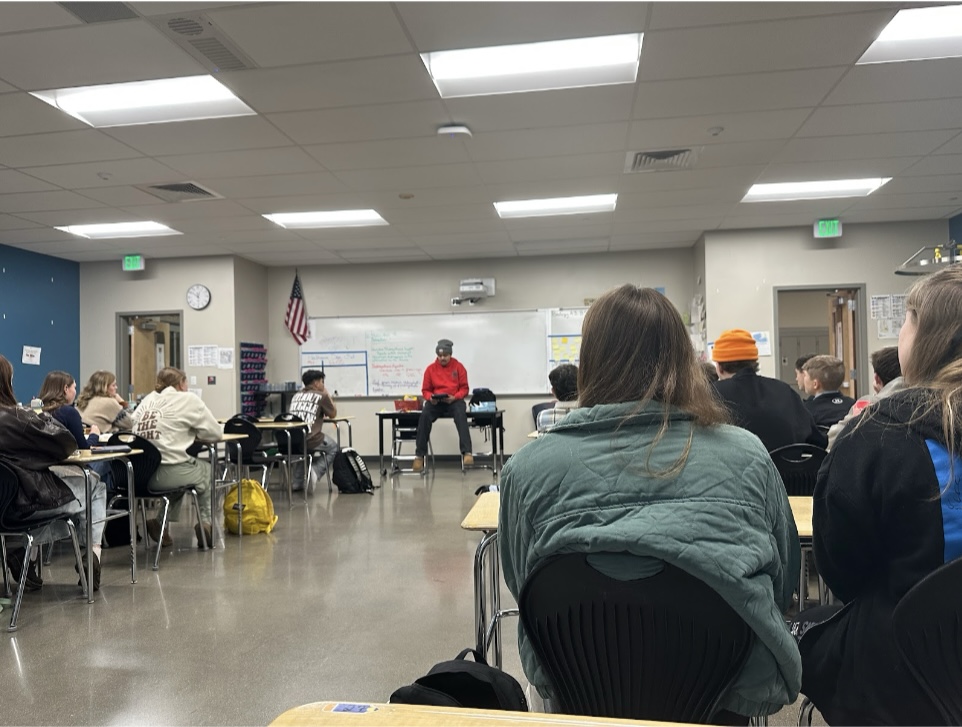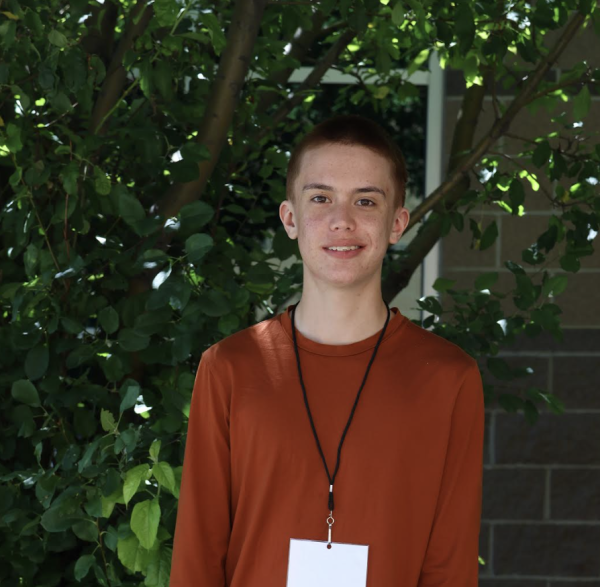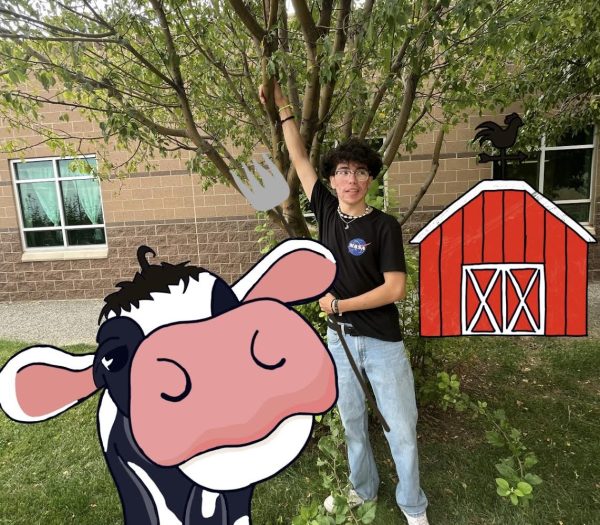Yu Juanjuan is the only person to have successfully biked the border of China. Biking nearly 40,000 kilometers, almost the circumference of the Earth, and along the way, she faced life-threatening occasions 13 times. Her story is that of triumph over nature and circumstance.
Born in 1958 to her father and mother, Yu Dechun and Wang Zhongxian, both of whom worked at Beijing Normal University. Her father supported her endeavors to become an athlete and to participate in races and competitions. She looks back on her parents with an appreciation for allowing her to choose her path in life.
As Juanjuan grew up and set her ambitions upon becoming an athlete, the country was changing around her. The Cultural Revolution launched by Mao Zedong, marked by a strong push towards gender equality, class struggle, and upheaval, influenced her life and family significantly. Particularly her mother, who was publicly shamed and punished for the sole fact her grandfather owned a bookstore. During this time, Juanjuan recalls a feeling of “we can’t do anything,” and said, “most people agreed [with the campaigns]…they were our friends whose parents were our neighbors.” After high school, she was sent to work on a farm for two years, making just $8.50 annually.
The years after this would be her time to expand her horizons, especially as Beijing and industrial cities were starting to develop. Juanjuan returned home from a farm to Beijing, bustling with energy. She said students believed in “doing things their own way.”
Enrolling in night school, Juanjuan organized her first long-distance trips by bike across the country, starting in Beijing, using donated bikes and makeshift tents, necessary during the years of early industrialization in China. Many of her team members were university students, supported by the college itself.
Juanjuan waited to carry out her ultimate trip, gathering up a team of university students. Six months of physical and financial preparation led to a two-year plan to traverse the various provinces of China with a team of students, seeing most of the country and documenting their experiences.
It was 1987 when they departed. In Tiananmen Square, as they left, television crews were there and a small crowd of family and friends waved them off. Juanjuan and her team quickly made their way across the eastern provinces of China, but an accident took out a teammate, Xu, early on. Poverty became prevalent as they reached the southeastern provinces. In one village, Mang-la, Juanjuan saw a young child lying down in pain.
She said, “Kids [were] running, [but] nobody cared”. She learned basic tests from her father, who was a doctor, and gave him some pain medicine and antibiotics. Later on in the week, Juanjuan said, “the entire village and the leader came to the house they were staying at.”
At first, Juanjuan was afraid she had given the wrong medicine but soon learned everybody was in awe of his recovery.
She recalls amazing food and landscapes throughout the journey, but dwindling teammates, with one dropping out without notice in Yunnan, and one leaving before reaching Tibet, which would prove much harder to traverse.
Despite this, she continued, working with the meager funding from her job and family, making it to Xizang (the Chinese province of Tibet).
From here on, the journey became harder, with items being stolen, having to live in tents on the side of the roads, and even pretending to be a man so that she could stay at a work camp. From here, Juanjuan made her way through Qinghai and eventually Xinjiang, home to the country’s largest desert. While there, she stayed with many families. The area was highly culturally diverse, with thirteen major ethnic groups in the province.
As Juanjuan got further out, she saw a village ahead on a trucker map that would have water, but when she got there, it was abandoned. Surrounded by desert, Juanjuan continued until she saw a truck with water. She saw a road worker. Juanjuan remembers her lips were cracked and bleeding, drinking the water until she felt sick.
Despite this, she continued. When Juanjuan made it home, it paid off. She heard of broadcasts throughout China and even the Soviet Union about her trip, and she had become a celebrity. At her photo exhibit at the Cultural Palace of Nationalities, she talked to ten thousand people, with the Vice Mayor showing up.
Juanjuan and her bicycle had carried her over 40,000 kilometers across some of the harshest landscapes on Earth, with limited resources. The power of the media spread the news of her trip across the country. From here on, she continued her travels and eventually ended up in Boulder, living with her husband, Phillip. The skies here remind her of Tibet, blue and far off. Juanjuan told us that every person has their way in life, and her journey reaffirms this belief. “This is my way,” she said.

